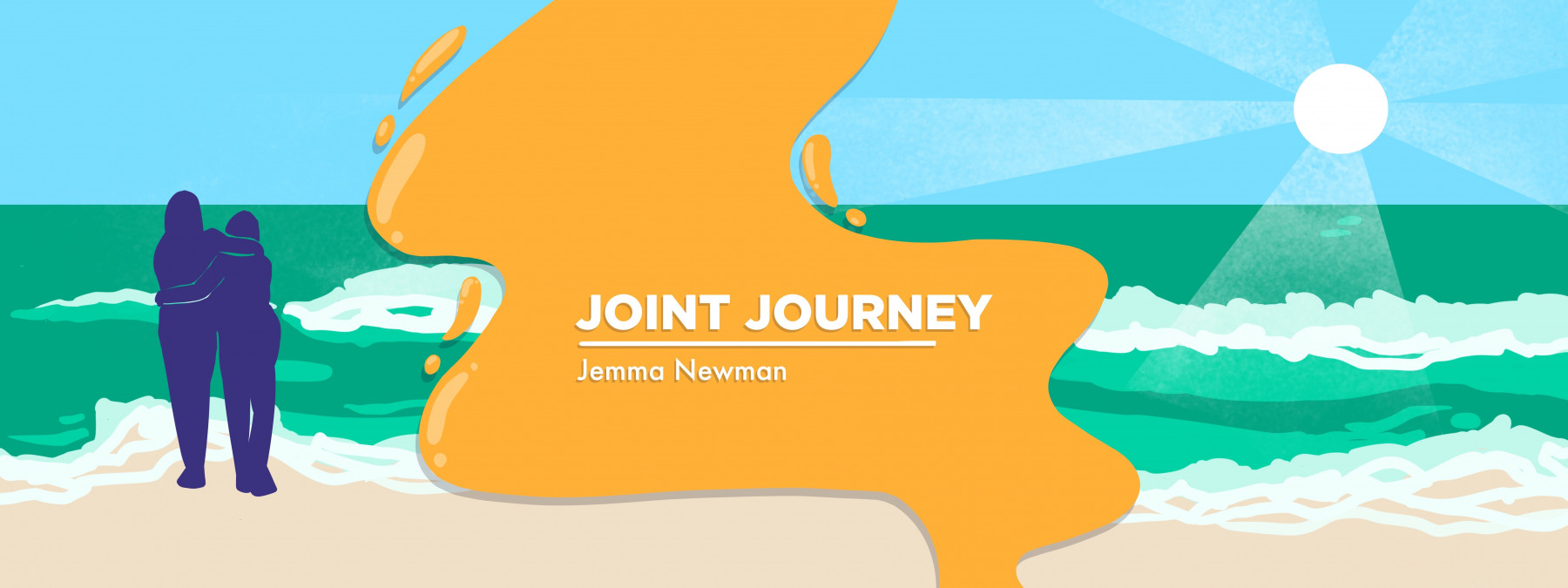Insomnia and Ankylosing Spondylitis: Enduring Another Long and Restless Night
Insomnia due to ankylosing spondylitis takes its toll on the body and mind
Written by |

Hands up if you’re desperate for a good night’s sleep. Yes, I see all you ankylosing spondylitis (AS) folk out there, waving your hands around madly. I see you! If you suffer from this autoimmune disease, and especially if you’re not yet on a treatment that’s helping, I imagine you’re not getting the restful sleep you need, due to pain.
Honestly, there have been times when I would have given almost anything to get sleep, because my burning spine was keeping me awake at 2 a.m. every night.
If someone had said, “Hey, Jemma, would you prefer a week of solid, eight-hour sleep each night or an all-inclusive luxury tropical holiday?” I wouldn’t have hesitated for a second. Sleep. Please just let me sleep.
My mental decline
We all know that sleep is critical for our well-being, but when you have AS, sleep no longer feels restorative. You don’t awake feeling refreshed. In fact, I’d often wake up feeling worse than I did before going to bed.
When I was diagnosed with AS in 2019, sleep had become nonexistent. It started to affect my mental state, and my brain felt like it had turned into a bowl of gray porridge. I could hardly string a sentence together, daily tasks like cooking a meal were overwhelming, and it felt dangerous to drive my car when I was chronically sleep-deprived. Insomnia had taken over, and I was barely coping with normal life.
Balancing sore joints, stress, and sleep
AS affects our joints — maybe you’re having trouble with your shoulders, your ribs (a condition known as costochondritis), your spine, or your sacroiliac joints. Nighttime back pain happens when we’re lying still, as inflammatory chemicals build up, causing pain and joint damage.
Sleeping with AS is a real balancing act. To reduce stiffness and pain, we need to achieve the perfect (and uniquely personal) level of movement, and the right treatments or medication. Achieving that balance is hard because not getting enough movement can equal pain, but on the flip side, too much activity can also increase pain.
Stress can add to the sleeping challenge. On top of AS pain, I find it pretty stressful living with a chronic disease. Stress can elevate hormones such as cortisol and adrenaline, further adding to sleep issues. This makes it hard to drift off, and hard to stay asleep.
What I do to get better, longer sleep
I wish there were a magic cure for AS insomnia, but as our symptoms and reactions can vary, it’s difficult to pin down. The following is my personal list of things I do to get better rest:
Diet: Since I started a no-starch diet for AS, I have slept longer with minimal pain. I am forever grateful for this diet. This is hands-down my No. 1 tip for better sleep.
I’ll include more details in a future column, but for those interested, here are a few resources: 1) “The Keystone Approach: Healing Arthritis and Psoriasis by Restoring the Microbiome” by Rebecca Fett; 2) The Low/No Starch Lifestyle for Ankylosing Spondylitis Facebook group; 3) An interesting column about dietary changes by AS writer Janneke Phung.
Movement: My body enjoys a daily walk and gentle stretches or body weight exercises. Fresh air is an added bonus to help with sleep.
Hot and cold: We’re lucky enough to have an outdoor spa (hot baths or showers also work) that does wonders to reduce back pain at night. Cold packs are great for reducing inflammation.
Preparation: If I’m struggling with mornings after poor sleep, I try to prepare anything I can in advance. For example, lunches are packed, dinners are pre-made, an outfit is already chosen, or an activity for the kids is ready in case I need extra rest. Every little bit helps.
Medication: I take my medications at the same time daily, as some interfere with sleep. I occasionally use an over-the-counter sleep aid or the naturopathic herb valerian. Always discuss any medications or supplements with your doctor first.
Reframe your mind: When I can’t sleep, I remind myself that it’s because I have a disease. It’s not my fault. The pain isn’t in my mind and it’s not something I should “try harder to fix.” This takes the pressure off me and puts it where it belongs.
Avoid stress: I’ve started saying “no thanks” to taking on extra things in life. Sorry, dinner parties. See ya, house renovations. I used to have the mental capacity for extra, and now I don’t. We live a very simple family life, and it’s really helped my stress and ability to cope.
If you’re experiencing bad sleep, you have my heartfelt sympathy. Sleep is vital, but when you have AS it can be elusive. Please be kind to yourself above all, and know there are others out here who understand how hard it can be.
Note: Ankylosing Spondylitis News is strictly a news and information website about the disease. It does not provide medical advice, diagnosis, or treatment. This content is not intended to be a substitute for professional medical advice, diagnosis, or treatment. Always seek the advice of your physician or other qualified health provider with any questions you may have regarding a medical condition. Never disregard professional medical advice or delay in seeking it because of something you have read on this website. The opinions expressed in this column are not those of Ankylosing Spondylitis News, or its parent company, Bionews, and are intended to spark discussion about issues pertaining to ankylosing spondylitis.







Jean Edwards
What an awesome column this is proving to be ! LOVE the blend of personal info, facts, suggestions and links – and a nice leavening of humour. I learned so much after just the first 2 articles- can't wait to read more :)